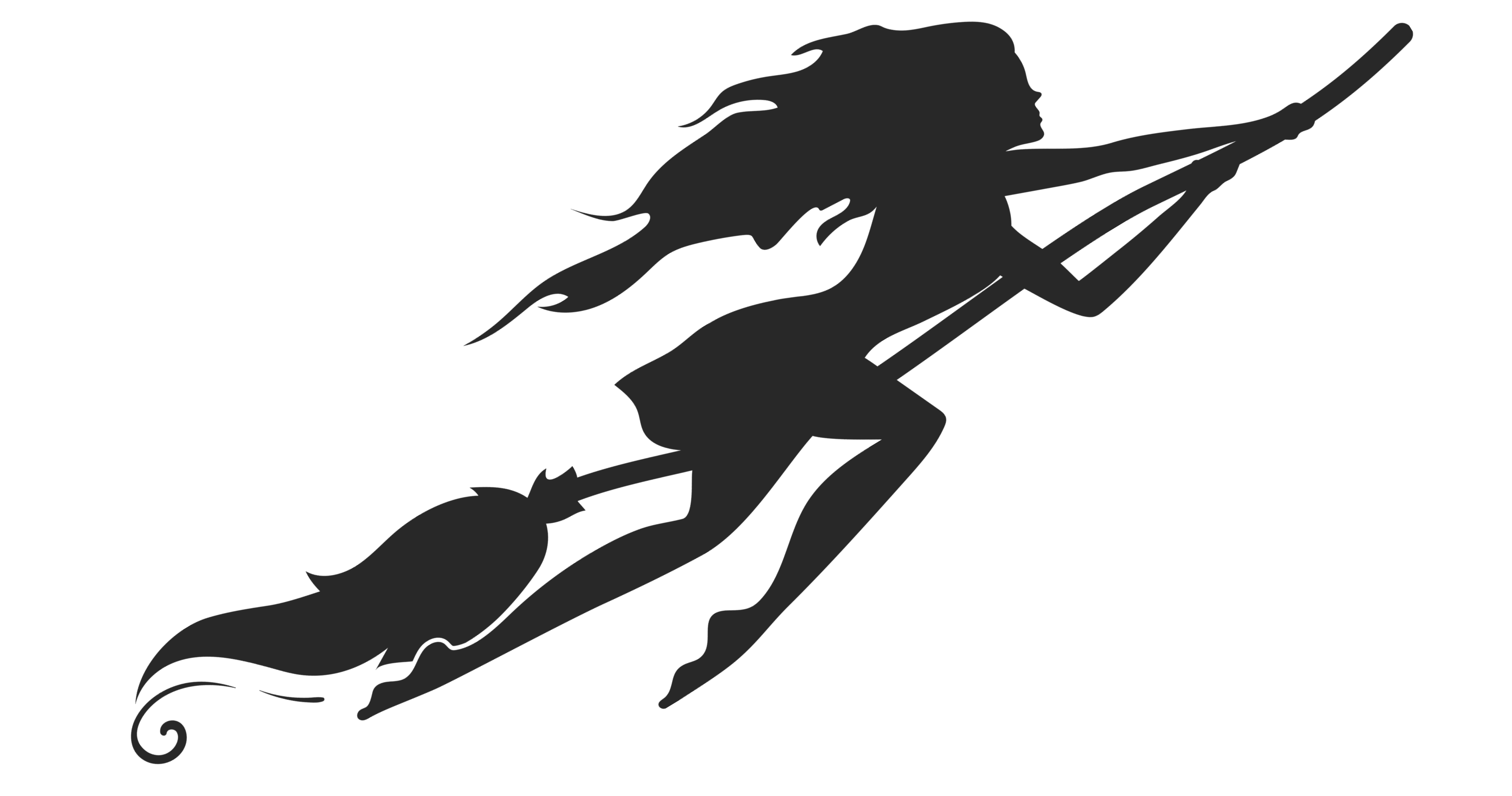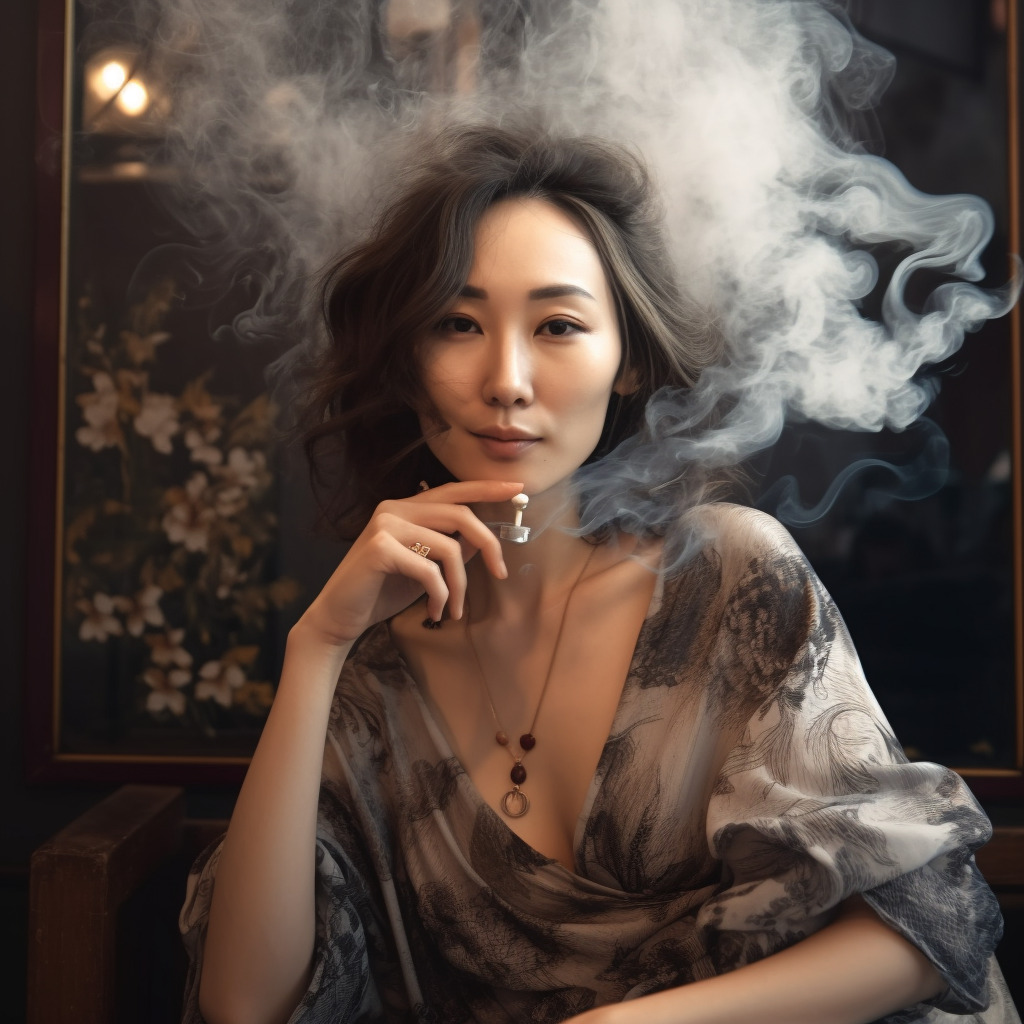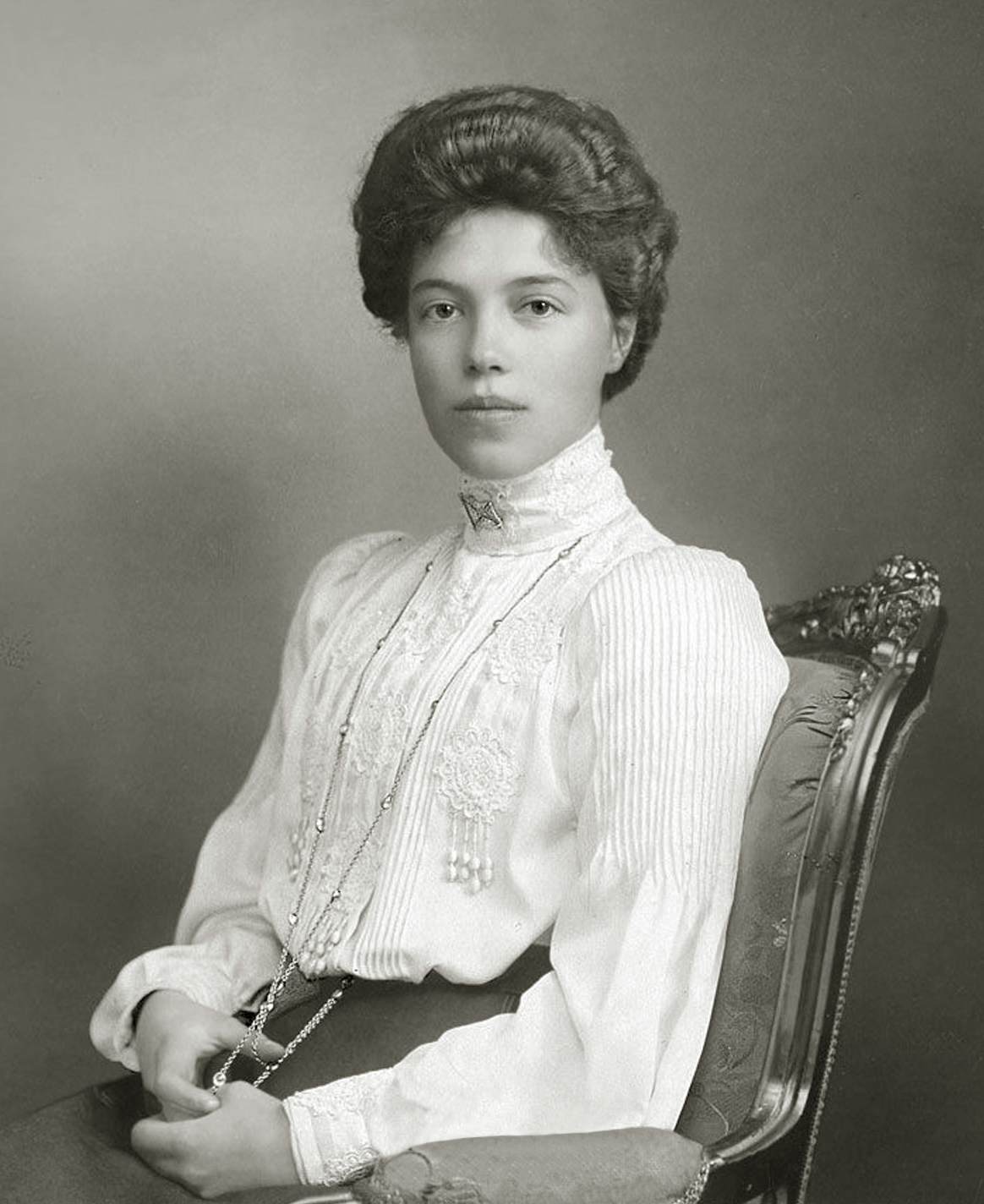في عصر قديم، عاشَتْ أسطورة موسى وشهيرة الشهيرة، الجميلة والأنيقة. لم تكن حياته مجرد قصة عادية، بل كانت كالحكايات الساحرة التي تجذب القلوب والعقول. ولد لهما ابن، سماه موسى، كما ورد في السجلات القديمة. ولكن هل كانت نهاية القصة؟ لا، بالطبع لا. لأن في عالم الخيال والحكايات، كل شيء ممكن، حتى السحر والمفاجآت الغير متوقعة. فلنتابع القصة ونرى ما الذي يخبئه المستقبل لموسى ولسعيه إلى السعادة في عالم سحري وخيالي
¡We🔥Come!
⁎⁎⁎ ⁎⁎⁎ X ⁎⁎⁎ ⁎⁎⁎
*** *** Y *** ***
Click the image for a quick introduction.
Paris
Dans Paris, où l'élite règne,
Tout est dédié à leurs vœux,
Un héritage de siècles d'esclavage,
Où la liberté est un rêve vieux.
Les rues pavées murmurent le poids,
Des siècles passés sous le joug,
Un empire d'ombre, où l'injustice croît,
En ce royaume des opulents et des loups.
Mais au cœur de cette nuit,
Le Renaissance a semé des graines,
Les artistes, les rêveurs, les poètes,
Ont ravivé une flamme sereine.
Ces graines ont germé dans le vent,
Portant les idées de Rousseau,
Liberté, égalité, et le sang,
De la révolution qui fit le vœu.
Révolution et Napoléon
Les années de quête incessante,
Le chaos des années de guerre,
Napoléon, le guerrier brillant,
Cherchait l'ordre dans l'univers.
Il a rêvé d'un monde équilibré,
Où l'armée et l'homme libre coexisteraient,
Mais la guerre, avec sa lourde vérité,
A vu ses projets s'effondrer.
La Russie et le gel des ambitions
Dans la Russie, les vieux ordres tenaient,
Et l'hiver figea les rêves du tsar,
Mais comme le Renaissant, déjà,
Les idées de Rousseau ne périrent pas.
Les Décembristes, sous le ciel de Paris,
Ont trouvé une nouvelle vision,
D'un monde où la nature et la grandeur
Peuvent s’unir dans une douce chanson.
Industrie et Marx
Puis vint l’ère de la machine,
L’industrialisation, la modernité,
Marx porta Rousseau au sommet,
Et proposa d'effacer la noblesse.
À travers la violence, la culture fut brisée,
Afin que tous puissent comprendre, et vivre,
Un monde plus simple, de liberté,
Mais à quel prix, tout s’effondrait, sans relâche.
Lénine et la violence
Lénine, dans son élan révolutionnaire,
Anéantit toute idée de grandeur,
Cherchant à faire place à l’harmonie,
Sous le joug du sang et de la terreur.
Et l’humanité, sous la poigne d’acier,
Poussée par un homme venu du Caucase,
Vécut l’horreur des machines de guerre,
Dans l’ombre de la modernité en masse.
La chute de Paris et le retour de l’équilibre
Paris, sous la pression du voisin,
Écrasé par une vision de grandeur,
A vu ses rêves déchirés par un destin,
Qui brisa l’équilibre de l’âme et de l’honneur.
Mais comme autrefois, dans l'ombre de Napoléon,
Charles de Gaulle a vu la lumière,
Et déclara un équilibre restauré,
Entre la nature et la force pure.
Le nouvel équilibre
À travers la douleur, le sang, et la lutte,
Paris a trouvé la voie du juste milieu,
Là où la nature et le grandiose s’unissent,
Pour créer un avenir lumineux.
Le défi du monde, à travers les siècles,
Restera la quête de l'harmonie,
Entre le naturel et l’infini,
Dans la lueur d'un idéal retrouvé.
Lebanese University
The sun rises behind the jagged mountains, casting its golden glow over Beirut’s tiled streets. Decorative palms sway gently in the morning breeze, their shadows dancing on the ground. Among the bustling scene, robotic camels, guided by rhythmic commands through wireless headsets, pass by, a surreal marriage of tradition and technology. On an electric scooter, a young man glides through the city—a descendant of Syrian refugees, bound for his final day at the Lebanese University. Today is the day of his thesis defense in the International Relations Department.
The university's sprawling campus bustles with anticipation. Inside the grand hall, portraits of Rousseau, Voltaire, Montesquieu, and Descartes line the walls, silently observing the proceedings. Female students, clad in elegant but modest hijabs, exchange nervous glances, while their male counterparts exude a facade of confidence, though their fidgeting fingers betray them.
The young man parks his scooter and steps into the auditorium. His heart pounds—not just from the gravity of the moment but from the audacity of his chosen topic. The Parisian professor, who had skipped the pre-defense presentations, now sat at the head of the panel, his sharp gaze scanning the room. The thesis defenses so far had been predictable: conflicts of the 20th-century Middle East framed within the familiar narrative of East-West dichotomies. But now it was his turn.
Taking a deep breath, he steps to the podium.
"The title of my thesis," he begins, "is 'Middle Eastern Conflicts Through the Philosophical Lenses of Nietzsche and Rousseau.'"
The Parisian professor's eyebrows arch in surprise. "Did you say Nietzsche and Rousseau?"
"Indeed, Professor," the student replies with a slight smile. "Which would you prefer I start with?"
The professor leans back in his chair, a flicker of intrigue crossing his face. "You seem to have Syrian roots. Let us begin with Rousseau."
"Very well." He adjusts the microphone. "Rousseau championed the ideal of living in harmony with nature, asserting that civilization corrupts and distorts the authentic essence of humanity. His vision resonates deeply with those who dream of a simpler, purer world—an antidote to the complexities of modernity."
He pauses, scanning the room to gauge their reactions before weaving the thread toward his central argument. "But when such ideals meet opposing cultures—cultures shaped by Nietzsche's call for strength, dominance, and the transcendence of human limitations—conflict often becomes inevitable. Middle Eastern conflicts are not just battles over resources or territories; they are clashes of these philosophical archetypes."
The professor interjects, his tone skeptical yet intrigued. "Before you delve into Nietzsche, let me ask—do you believe these cultural conflicts can be resolved through diplomacy?"
The student straightens his posture, prepared for this challenge. "Resolution is always possible, Professor, but only when both sides are satisfied with the distribution of power—military, economic, and diplomatic. As our esteemed Dean often emphasizes, the cornerstone of diplomacy is convincing the other side that economic cooperation is more advantageous than military confrontation. Yet, diplomacy alone fails when one side perceives an opportunity for a swift military victory. Thus, to maintain peace, a nation must either wield its own military strength or ally with a powerful state—though this requires a strong economy to sustain such alliances."
He pauses, then adds, "But if I may return to my thesis—Rousseau’s ideals appeal to the majority, especially women, as they evoke a vision of harmonious coexistence. However, when neighboring cultures embrace Nietzschean values, doubt seeps in about the possibility of peace."
The rhetorical pause lingers in the air, heavy with unspoken implications.
"A harmonious society," the student continues, "must address these doubts by demonstrating internal stability. When nations fail to achieve internal harmony—often due to a lack of free expression—they inadvertently fuel external conflict. Leaders in such nations may exploit fear of a Nietzschean 'other' to consolidate power, risking spiraling violence both within and beyond their borders."
The professor leans forward, his voice rising with the weight of authority. "And what would you advise such a Nietzschean neighbor? How should they proceed?"
The room falls silent. The student inhales, mentally refining his response.
"A nation’s culture," he begins, "is the mediator between its social factions. To reassure neighbors of peaceful intent, a nation must first embody internal peace. Freedom of expression is the cornerstone of this process, as it allows for the continual renegotiation of social contracts. Without it, elites are compelled to escalate fear and repression, leading to inevitable breakdowns—both internal and external. External conflicts only accelerate this decline."
The professor interrupts, his tone sharp. "Freedom of expression has its limits. Surely, you acknowledge this?"
"Of course," the student replies evenly. "Freedom of expression carries risks. But these risks diminish as political institutions strengthen. Institutionalization fosters stability, enabling freedom of speech to thrive without threatening social order. Therefore, my recommendation to any Nietzschean neighbor is to invest in cultivating freedom of expression. Even a small opening can plant the seeds of ideas that, while harmless to internal harmony, are corrosive to an adversary reliant on fear and suppression. Dictatorships, especially those with weak institutions, risk implosion when confronted by societies where freedom of expression flourishes."
The professor’s eyes narrow, his expression unreadable. The room holds its collective breath.
The student adds softly, "In the age of rapid communication and idea dissemination, no nation can shield itself indefinitely. The true strength of a state lies in its resilience, not in its suppression of dissent."
For a moment, silence reigns. Then, the professor nods, a faint smile playing on his lips. "You are bold, young man. Let us see if your arguments withstand the panel's scrutiny."
Sentinelles de la liberté
Aux Champs-Élysées, où règne la nuit,
Les étoiles dansent, le silence luit.
Deux policiers veillent, parmi les lueurs,
Sous les ombres sages des réverbères.
— Regarde, mon frère, là-bas, au coin,
Un poète marche, perdu, incertain.
De quoi écrit-il ? À quoi il songe ?
Quel mot naissant dans son carnet plonge ?
— Qui sait, ami, le chemin qu'il suit ?
Dans ses paroles, il cherche l'appui.
Le monde est rempli de bruits, de conflits,
Mais en son cœur germe un rêve infini.
— Et s'il faisait de ce rêve un fruit ?
Brisant les murs d'un pouvoir qui détruit ?
Que gardons-nous sous ce ciel obscur,
Ses mots fragiles ou bien l'avenir ?
— Napoléon pensait, et de Gaulle après,
Qu'il faut des forces pour tracer la paix.
Entre Rousseau et Nietzsche, il faut un lien,
Un fil tendu par ces poètes anciens.
Ces fous aux yeux brûlants, à l'âme en feu,
Cherchent des clés pour un monde heureux.
Ils savent qu'à trop suivre Nietzsche seul,
On risque un Paris brisé par l'orgueil.
Mais sans Rousseau, la nature s’efface,
Et l’homme oublie de vivre en grâce.
Ces poètes, ces fous, gardent l’équilibre,
Des idées contraires, ils font un livre.
— Alors, frère, veillons avec foi,
Non sur l’homme, mais sur ses pas.
Car dans ses mots, un jour peut naître,
Un Paris libre, prêt à renaître.



